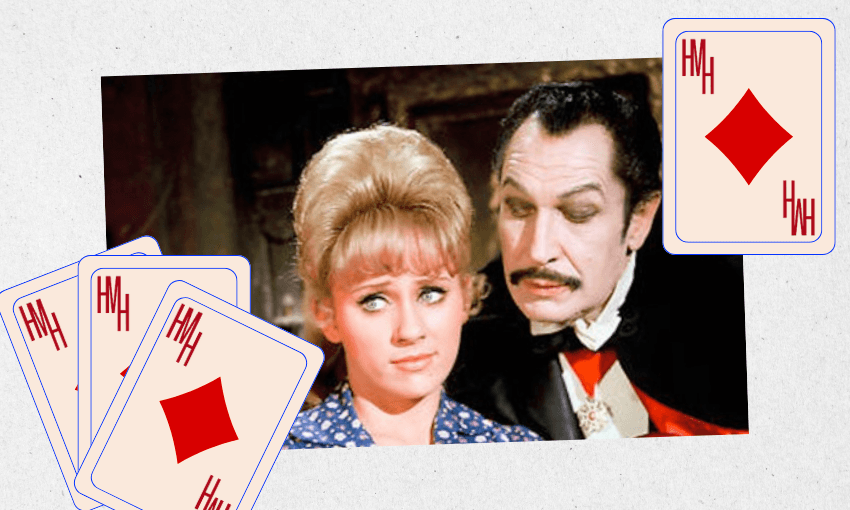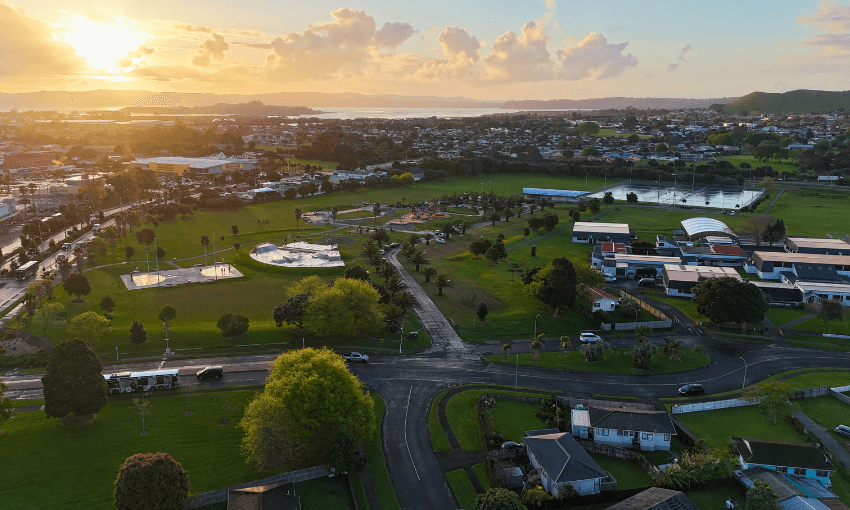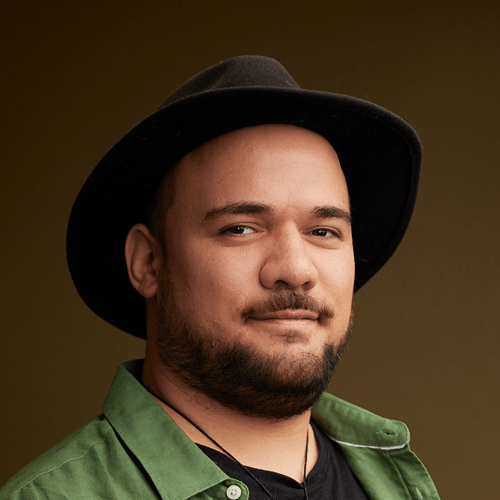When we called things off I had this idealistic idea we could be friends straight away. But is that even possible?
Want Hera’s help? Email your problem to helpme@thespinoff.co.nz
Hey Hera,
I was seeing this guy for a month. We love each other. Our dynamic is unbalanced – I’m employed and have happy kids and a supportive coparent, and plan to meet someone viable. His life is substances and creativity. He’s a tormented-genius type.
Things ended when he threw glasses one night. I was hanging out with strangers in a bar. He didn’t throw them at me, he threw them against a wall (I don’t need to distinguish that, but I’m at the care-for-him stage where I still want to). It showed me our relationship was too hard for him. We called things off.
I had this idealistic idea we could be friends straight away. We messaged each other daily. He was my creative cross-pollinator. But if I didn’t reply to his messages straight away, he’d take that for rejection, and call me a sociopath.
I’m not exemplary. I’m aggressive with the we-can-be-friends thing. I realise we need to give it a month or something for him to get over me. For me to get over him. So: what do I do when I see steam roaring out of a dry cleaner in the sunset, vapour billowing, on my way home from work? I have no one to tell that pretty shit to now.
I’ve started seeing another guy, this one is transient, but we don’t have that message-each-other dynamic.
You won’t answer my question, you’ll say something insightful which may give me perspective.
Who’s your artistic cross-pollinator, Hera?
Lacking Empathy but Restraining Herself

Dear Lacking Empathy,
You say I won’t answer your question (busted) but as far as I can see, you haven’t actually asked anything (besides “who is your artistic cross-pollinator?”) However, I’m more than happy to answer the question you haven’t asked, which appears to be something along the lines of: given how this guy has behaved in the short time you’ve known each other, is it possible to salvage a friendship? In my opinion: no.
As the cultural pendulum swings away from early 2010’s bumper-sticker Dump Him discourse, I like to try to give people the benefit of the doubt. I do think, in general, we should be more willing to forgive minor transgressions, because everyone fucks up from time to time, and you never know when you might need to fall upon the mercy of others.
However. I gotta be honest and say this situation sounds like a complete and utter shit show. I don’t think a month’s respite from the drama is going to somehow rehabilitate your relationship and transform it from something that looks like an early warning signs checklist in a domestic violence pamphlet to a rich and rewarding creative partnership. Frankly, I think you need to stay the hell away from this guy.
I am skeptical of anyone described as a tortured genius. Who knows. Maybe this guy really is the next best thing since Da Vinci. But even if he is busy inventing the 21st century equivalent of the modern parachute, that wouldn’t justify him throwing glasses or calling you a sociopath for not texting him back. The fact that you describe his life as “substances and creativity” gives me even less confidence.
Most people, even the most notorious pet decapitators, usually save their best behaviour for the start of a new relationship. That you’ve been dealing with this much drama in the first few months of knowing one another should be setting off all the car alarms and smoke detectors in a hundred mile radius.
You say you’re lacking empathy, but I think you’ve got an unproductive surplus. I also think you know that. You can’t be completely unaware of the reaction your letter would produce. Which leads me to think that the reason you wrote it was because you know this guy isn’t good news, and need someone else to confirm your suspicions.
When I read your letter, I get the sense that you’re someone who’s deeply tuned in to the pain of others. You are hungry to understand people on a deeper level, and are quick to see the best in them. You believe in forgiveness and feel that connection and honesty can be a meaningful way to redress to suffering.
I’m sure these traits make you a kind and healing presence in other people’s lives. But I do think that sometimes people who have an overabundance of empathy and a fierce desire to help find it easy to fall into an abusive dynamic, because they’re so invested in forensically deconstructing the pain of others that they fail to recognise when they’re not safe. Maybe there’s even a small thrill in the drama and tumult of it all. There’s a reason why all the apprentice zookeepers want to work with lions, rather than queuing up to feed lettuce to the turtles. But there are limits to what empathy can achieve.
Tolerating someone else’s dysfunction doesn’t always help them to grow. Sometimes all it teaches them is that throwing glasses isn’t that big of a deal. It’s easy to believe the suffering in others is deeper and more noble than it appears, when in reality it’s a garden variety untreated mental illness and substance abuse problem, dressed in a black velvet cape.
Nobody is beyond redemption, but in this situation, you can’t be the person doing the redeeming. Taking a month off won’t work. There is no amount of time that will help you resuscitate this friendship, because you were never really friends to begin with. I can see that having a creative partnership obviously means a lot to you. But there are plenty of people out there who are capable of appreciating the simple beauty of a dry cleaner releasing its fumes at dusk who won’t also fly off the handle when they feel ignored.
You ask who my creative cross-pollinator is. I don’t really know how to answer that. If I see a picture of a dog in a bag, I’ll text it to a friend. In general, having other creative people to talk shit with is good. But it doesn’t have to be that profound. Trust your own creative instincts, and if you need a little external validation, slap it on the grid for everyone to enjoy. Pay attention to the self-preservational instinct that made you cut this guy off in the first place. Let the sunset admire itself.




